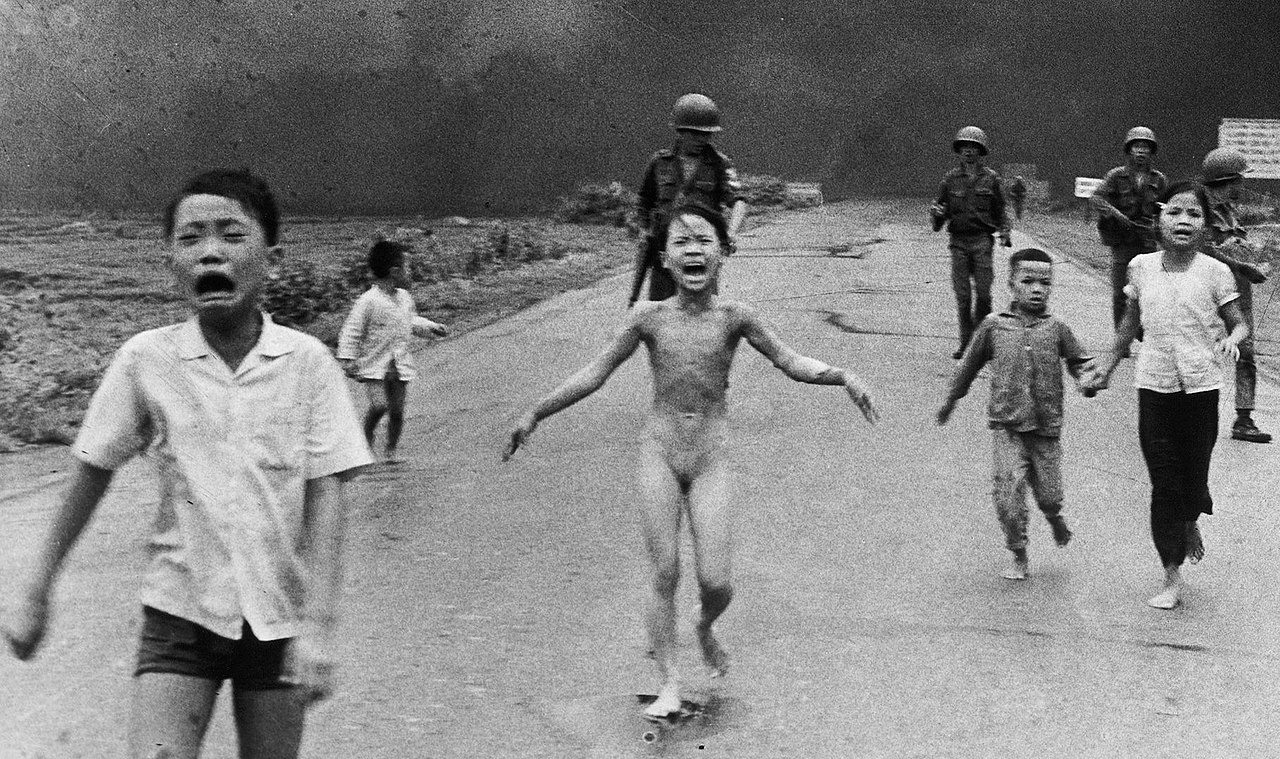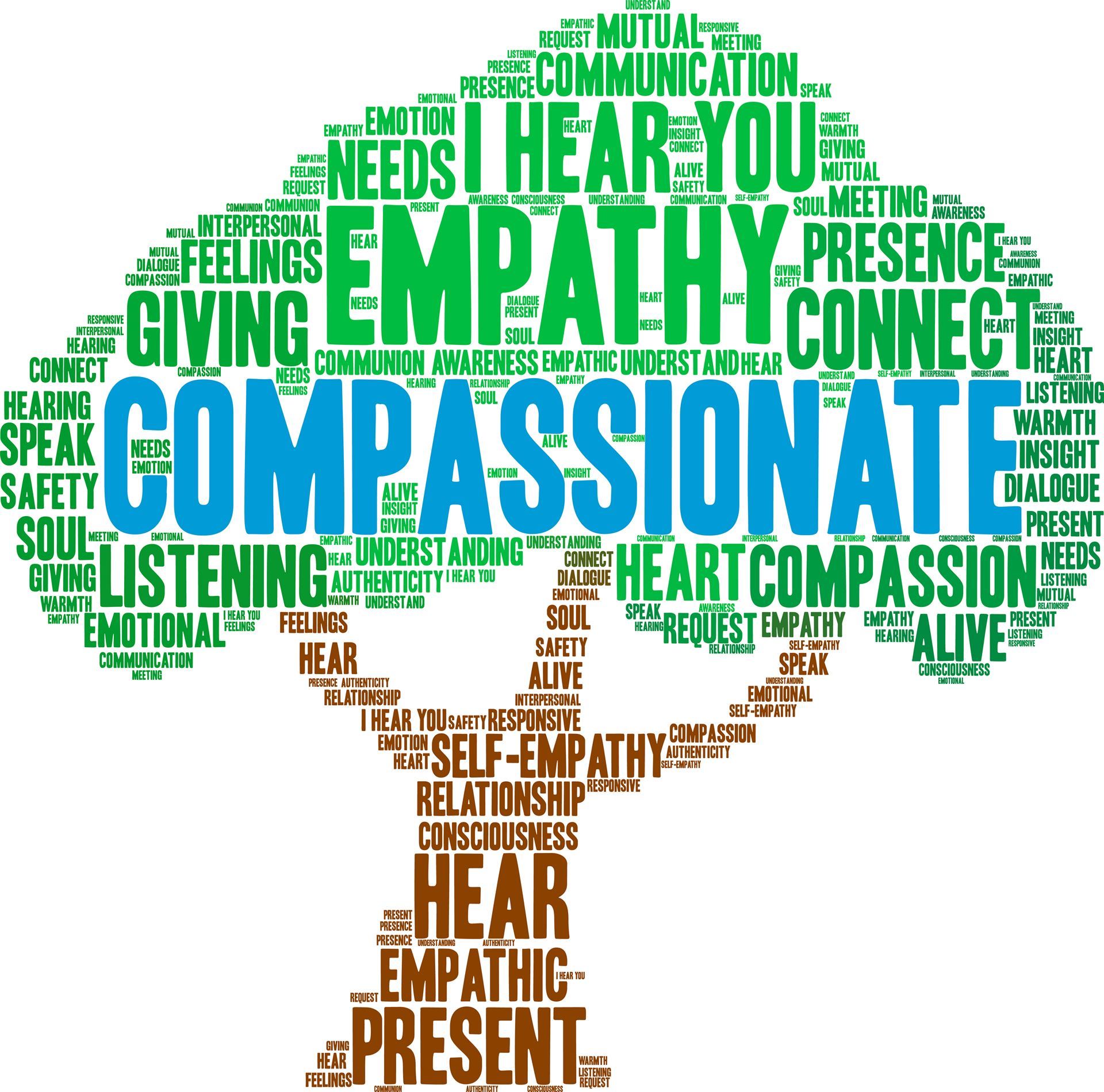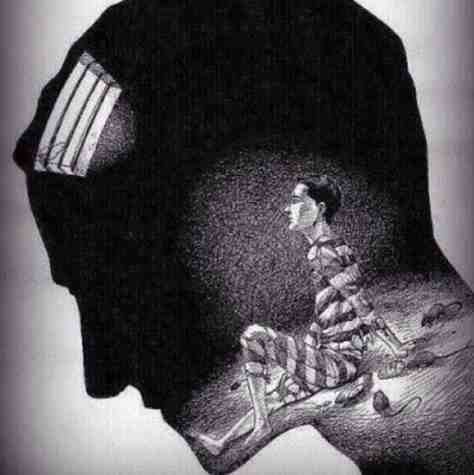Demonizing The Other and Personal Acts Of Compassion
What Does Demonizing The Other Mean?
Demonizing the other refers to the act of portraying a group of people or an individual as inherently evil, threatening, or inferior.
This can involve using negative stereotypes, exaggerated portrayals, or inflammatory language to create fear, hatred, or prejudice against them.
It often serves to justify discrimination, violence, or marginalization against the targeted group.
This behavior is commonly observed in conflicts, political rhetoric, and social dynamics where one group seeks to vilify and dehumanize another.
A current example of this is the response of many people towards the Israeli military action against Hamas in Gaza and the devastating effects of this action on the Palestinian people and their property.
The use of dehumanising language against Israel has given rise to wide spread anti-semiticism.
Israel in turn has adopted similar language against the Palestinian people whereby Palestinians are blamed for their own victimisation, and cease to be considered human.
This behaviour have been seen throughout history.
The War On Terror
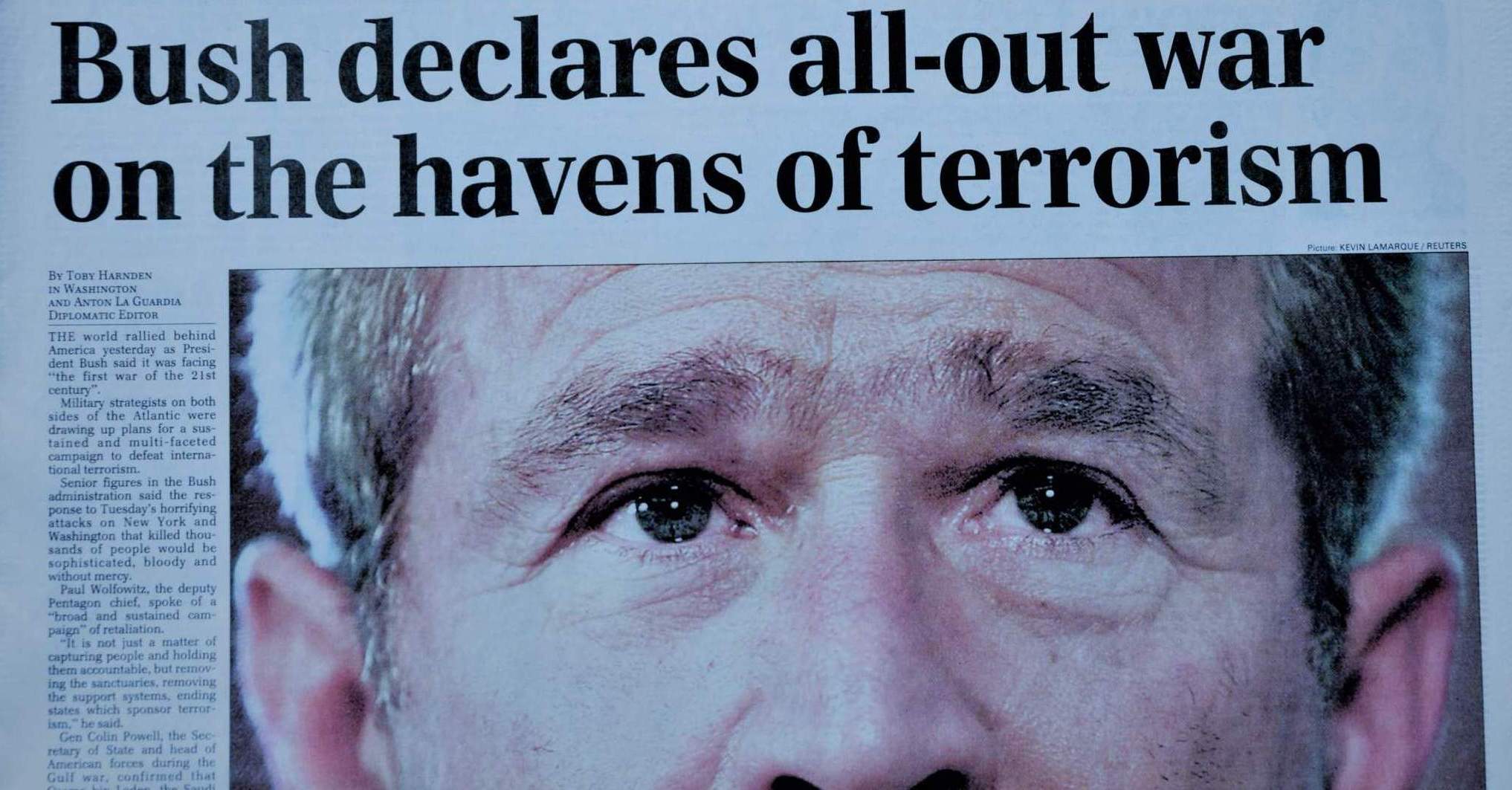
In modern times we have the example of the conditioning of western minds to accept the killing of an estimated 1 million people in Iraq by exploiting the narrative of the ‘war on terror’ and what turned out to be the false claim that the presence of weapons of mass destruction in Iraq represented an existential threat to the western world.
The Use of Agent Orange

In my view, the extensive use of agent orange by the US in the America/Vietnam war falls into this category. The goal was to remove cover and concealment used by the Viet Cong and North Vietnamese Army, to reveal hidden bases, communications centers and potential targets, and to improve visibility in tracking troop movements.
The US sprayed an estimated 11 million gallons of agent orange over Vietnam and according to the data on display in the War Remnants Museum in Ho Chi Minh contaminated 10% of the landmass of North Vietnam [it still remains contaminated]. The toxicity of agent orange was known throughout its use in Vietnam by the US military.
The Vietnamese Red Cross estimates that up to three million Vietnamese have suffered health effects from dioxin exposure with skin discolouration and bodily deformations, chronic issues, diseases and cancers, at least 150,000 of these are children with birth defects.
The narrative suppporting this activity was that it cleared large areas of jungle that provided Viet Cong guerrillas with cover, shelter and food. Clearly, no consideration was given to the immediate and long term effects on the population or to the lasting systemic damage to the agrarian infrastructure of Vietnam.
Bombing Defenceless Civilians

In World War 2 the UK Bomber Command targeted and killed an estimated 300,000 to 500,000 German civilians.
The US dropped nuclear bombs on an already defeated Japan targeting the civilian populations of Nagaski and Hiroshima and killing over 100,000 people in the short term and many more in the years that followed.
In each of these cases the accompanying narrative justifying the wilful destruction of huge numbers of civilians was for the "greater good" of hastening the end of WW2.
The Holocaust

The most infamous example remains the Holocaust, where targeted groups, particularly Jews, were described as ‘vile’, ‘vermin’, and ‘parasites’; and compared to animals such as ‘rats’, ‘lice’, ‘cockroaches’, ‘foxes’, and ‘vultures’.
Nazi Germany and its collaborators systematically murdered some six million Jews across German-occupied Europe, around two-thirds of Europe's Jewish population.
The murders were carried out primarily through mass shootings and poison gas in extermination camps, chiefly Auschwitz-Birkenau, Treblinka, Belzec, Sobibor, and Chełmno in occupied Poland.
These examples
of the demonizing of the other are but a small fraction of the violence, destruction and genocide that has taken place globally, in living memory.
The Dangers of Demonizing the Other
Us Versus Them
At its core, demonizing the other thrives on the construction of "us versus them" narratives, where distinctions of race, religion, ethnicity, nationality, or ideology are weaponized to sow seeds of animosity and distrust.
In this worldview, the other is not merely different but dangerous, deserving of scorn, suspicion, or even violence.
Narratives Of Distorted Reality
One of the most insidious aspects of demonization is its ability to distort reality and manipulate perceptions. Through selective framing, sensationalized media coverage, or propagandist rhetoric, narratives of fear and hatred can take root and spread like wildfire.
In times of social upheaval or political turmoil, demagogues and ideologues often exploit these narratives to consolidate power, rallying support by scapegoating marginalized groups and stoking the flames of resentment.
The consequences of demonizing the other are far-reaching. At the individual level, it breeds prejudice, discrimination, and bigotry, erecting barriers to empathy and understanding.
When people are reduced to caricatures or stereotypes, their experiences, aspirations, and humanity are disregarded, fostering a climate of intolerance and hostility.
Unchallenged Demonizing Narratives
Moreover, demonizing the other can have profound social and political ramifications, exacerbating tensions, fueling conflict, and undermining the fabric of democratic societies.
History shows multiple examples of how dehumanizing rhetoric has paved the way for persecution, genocide, and ethnic cleansing, leaving indelible scars on humanity's collective conscience.
In the digital age, the proliferation of social media and online echo chambers has amplified the dangers of demonization, facilitating the rapid spread of misinformation, hate speech, and extremist ideologies.
Algorithmic biases and filter bubbles can reinforce existing prejudices, creating virtual echo chambers where demonizing narratives go unchallenged and dissenting voices are silenced.
Addressing Root Causes
Addressing the root causes of demonization requires a
multifaceted approach that tackles ignorance, prejudice, and systemic
inequality. At a societal level:
- Education plays a pivotal role in promoting cultural literacy, critical thinking, and empathy, equipping individuals with the tools to recognize and resist demonizing narratives.
- Fostering dialogue, empathy, and mutual respect across lines of difference is essential for building inclusive communities and promoting social cohesion.
- By engaging with diverse perspectives and experiences, we can challenge stereotypes, bridge divides, and cultivate a culture of solidarity and understanding.
However, whilst these are all worthy aspirations in my view what matters most is our individual response.
In an incisive and powerful article "The Near and Far Enemies of Fierce Compassion" Dr Chris Germer observes that:
"Social justice work is not for the fainthearted. Now more than ever, we are obliged to acknowledge our own complicity in systems of oppression as well as to assert our individual agency to bring about a better world.
Committed action by many people will eventually become a powerful force for systemic change.
And yet many of us grapple with some basic questions..."
Personal Acts of Compassion
It's easy to feel overwhelmed or insignificant in the face of widespread suffering. So for those of us who want to take some form of action and express our compassion in practical ways here are some guidelines for engagement.
Challenges To Our Common Humanity
Challenges to our sense of common humanity arise every day when we turn on the news and hear about the words and actions of people on the other side of the argument.
It’s all too easy to become morally indignant and to demonize our opponents, and yet awareness of our common humanity recognizes our differences, especially when they seem totally unacceptable to us and offend all of our personal values.
Awareness of our common humanity recognises that everyone is
still a human being ”just like me”. Chris Germer notes that:
"Our sense of common humanity needs to run very deep not to demonize an arms merchant whose actions cause the destruction of innocent beings." He references Thich Nhat Hanh's poem:
“Please Call Me by My True Names”
"I am the child in Uganda, all skin and bones,
my legs as thin as bamboo sticks.
And I am the arms merchant,
selling deadly weapons to Uganda."
"Hate The Sin But Not The Sinner"
I would also suggest that our sense of common humanity needs to be able to separate the person from their behaviour.
As Mahatma Gandhi said: “Hate the sin and not the sinner" and as he went on to say: "though easy enough to understand, is rarely practiced, and that is why the poison of hatred spreads in the world.”
In my view, demonizing the other is the result of a failure to separate the person from their behaviour.
Chris Germer reflects that:
"Compassionate action always spares the person and focuses on the problem. We can love our enemies.
A helpful metaphor is a martial artist. A martial artist has equanimity on the inside and is a warrior on the outside.
In our current climate of political polarization, it is especially important not to get swept up in the contagion of hostility toward specific individuals even as we fight to improve our government and leadership."
However, amidst all of the chaos and uncertainty in the world and despite the challenges to our capacity to make this separation, personal acts of compassion have the potential to transform lives and can have a ripple effect in communities and in the wider world.
What Is Compassion?
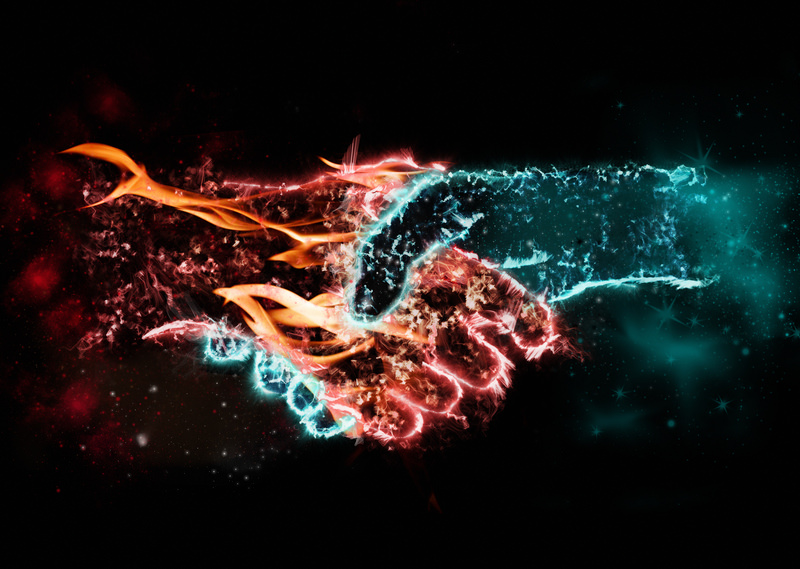
Compassion is derived from the Latin words "com pati" meaning to suffer with.
It has been defined as an empathic understanding of a person's feelings, accompanied by altruism, or a desire to act on that person's behalf.
Personal acts of compassion are about stepping outside of our own concerns and connecting with the experiences of those around us.
Compassion is about extending kindness and support without expectation of anything in return.
In practical terms it is when you relate to someone’s situation, and you want to help them. You see someone having a hard time, and you show up beside them and offer a helping hand.
It's the simple gesture of offering a listening ear to a friend in need, the act of volunteering at a local shelter, or the decision to donate to a cause close to your heart. These personal acts of compassion, though seemingly small on their own, have the power to create profound ripples of positive change.
Mindfulness and Emotional Reactivity Mindfulness is the first component of compassion because we need to know that a person is suffering in order
to respond compassionately.
The first step towards compassion is to feel and let in the pain of others and avoid getting hooked by fear or anger. If we get snagged by emotional reactivity we get hijacked by our emotions, such as anger, fear or despair, and we lose sight of the
other party and run the risk of demonizing the other. When we see a person being treated unjustly, and in the current case of Gaza when we see hundreds of thousands of people being treated inhumanely, the anger
starts coursing through our bodies and it’s so easy to get hooked by it. Watching on TV news programmes the faces of demonstrators against the Israel Defence Force [IDF] actions in Gaza we see anger and aggression. Observing the demonstrations and anti-Jewish sentiments being expressed openly in our cities here in the UK we see emotional reactivity and demonising of the other. As we allow ourselves to open and engage with the sufferings of the Palestinian people we
need a lot of mindful awareness to choose how we’re going to respond, rather than simply reacting.
Wisdom And Compassion
As practitioners of compassion we will inevitably want to know what specific actions we should take to address the injustices we see in the world around us and that concern us.
Compassion is not enough. We need wisdom.
- Seeing the bigger picture and understanding the complexity of a given situation and the ability to see one’s way through.
- Recognizing the short and long-term consequences of an action and choosing the course of action that yields the greatest long-term benefit.
- Knowing how to think and having the tools to do this
Cultivating the qualities of mindfulness, common humanity and kindness is a good start for compassionate action - but with wisdom we stand a far better chance of helping to make changes for a better world.
Applying Compassion - One Step At A Time
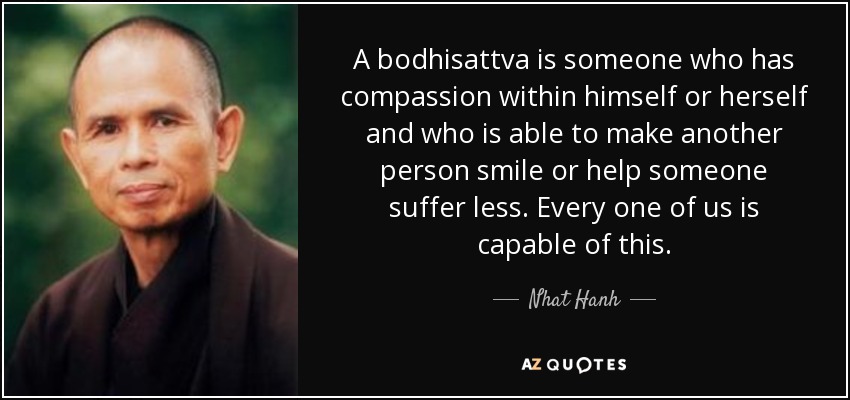
- The path of compassion is altruistic but not idealistic.
- Walking this path we are not asked to lay down our life, find a solution for all of the struggles in this world, or immediately rescue all beings.
- The path of compassion is cultivated one step and one moment at a time.
- Each of these steps lessens mountains of sorrow in the world.
Next Article:
Why You Should Embrace Anomalies – The Value Of Disconfirming Evidence
Further Reading:
The Near and Far Enemies of Fierce Compassion
Compassion Is Selfish And You Need It
On Becoming The Ferryman - Knowing How To Make Use Of Suffering
Be The Light At The End Of Someone Else's Tunnel
Shantideva - The Way Of The Bodhisattva
Return from "Demonizing The Other" to: Walking The Talk
LATEST ARTICLES
Does Prayer Work? The Psychology of Prayer, Meditation and Outcomes
 Reality Is A Complex System Of Countless Interactions - Including Yours. So does prayer work? The problem is that the question itself is usually framed in a way that guarantees confusion. We tend to a…
Reality Is A Complex System Of Countless Interactions - Including Yours. So does prayer work? The problem is that the question itself is usually framed in a way that guarantees confusion. We tend to a…Living in Survival Mode Without Surrendering Mental Authority
Living in Survival Mode Without Surrendering Mental Authority
 Clear Thinking When You’re Just Trying to Stay Afloat. Many people today are overwhelmed because they are living in survival mode - not temporarily, but as a persistent condition of life. For many, th…
Clear Thinking When You’re Just Trying to Stay Afloat. Many people today are overwhelmed because they are living in survival mode - not temporarily, but as a persistent condition of life. For many, th…Manifestation Without Magic: A Practical Model
 Manifestation without magic is not a softer or more intellectual version of popular manifestation culture. It is a different model altogether. Popular manifestation teachings tend to frame reality as…
Manifestation without magic is not a softer or more intellectual version of popular manifestation culture. It is a different model altogether. Popular manifestation teachings tend to frame reality as…Staying Committed When You Can't See Progress - The Psychology of Grit
 Uncertainty Is Not The Absence Of Progress, Only The Absence Of Reassurance. One of the most destabilising experiences in modern life is not failure, but uncertainty and staying committed when you can…
Uncertainty Is Not The Absence Of Progress, Only The Absence Of Reassurance. One of the most destabilising experiences in modern life is not failure, but uncertainty and staying committed when you can…The Battle For Your Mind - How To Win Inner Freedom In A Digital Age Of Distraction
 From External Events to Inner Events. We often think of “events” as things that happen out there: the traffic jam, the rude comment, the delayed email reply. But what truly shapes our experience is wh…
From External Events to Inner Events. We often think of “events” as things that happen out there: the traffic jam, the rude comment, the delayed email reply. But what truly shapes our experience is wh…How to See Your Thoughts Without Becoming the Story
 A Practical Guide to Thought-Awareness. You can spend your life inside the stories of your mind without ever learning how to see your thoughts clearly and objectively. Most of the stuff we tell oursel…
A Practical Guide to Thought-Awareness. You can spend your life inside the stories of your mind without ever learning how to see your thoughts clearly and objectively. Most of the stuff we tell oursel…The Collison Decision Matrix - A Simple Framework for Better Choices
 The Collison Decision Matrix Is A Practical Everyday Thinking Tool. Most of us spend a surprising amount of time worrying about decisions. From small ones such as what to wear, what to eat, what to te…
The Collison Decision Matrix Is A Practical Everyday Thinking Tool. Most of us spend a surprising amount of time worrying about decisions. From small ones such as what to wear, what to eat, what to te…The Power Of Asking The Right Question
 The Power Of Asking The Right Question Lies In The Quest For Insight. To experience the power of asking the right question you must develop the practice of asking questions. The best way to improve th…
The Power Of Asking The Right Question Lies In The Quest For Insight. To experience the power of asking the right question you must develop the practice of asking questions. The best way to improve th…Site Pathways
 Here is a site pathway to help new readers of Zen-Tools navigate the material on this site. Each pathway is based around one of the many key themes covered on this site and contain a 150 word introduc…
Here is a site pathway to help new readers of Zen-Tools navigate the material on this site. Each pathway is based around one of the many key themes covered on this site and contain a 150 word introduc…How To Live With Contradiction - Beyond Thought Let Stillness Speak
 A major impact on so many peoples' lives is the situational contradiction of unfilled realistic expectations. So where does all this leave us? Well here we are, with mental equipment that is more lim…
A major impact on so many peoples' lives is the situational contradiction of unfilled realistic expectations. So where does all this leave us? Well here we are, with mental equipment that is more lim…How To Trust The Process Of Mindfulness - Right Now
 In mindfulness, the process isn’t some distant goal — it's what is happening right now. When we talk about how to trust the process of mindfulness the credibility of the process is heavily dependent…
In mindfulness, the process isn’t some distant goal — it's what is happening right now. When we talk about how to trust the process of mindfulness the credibility of the process is heavily dependent…
